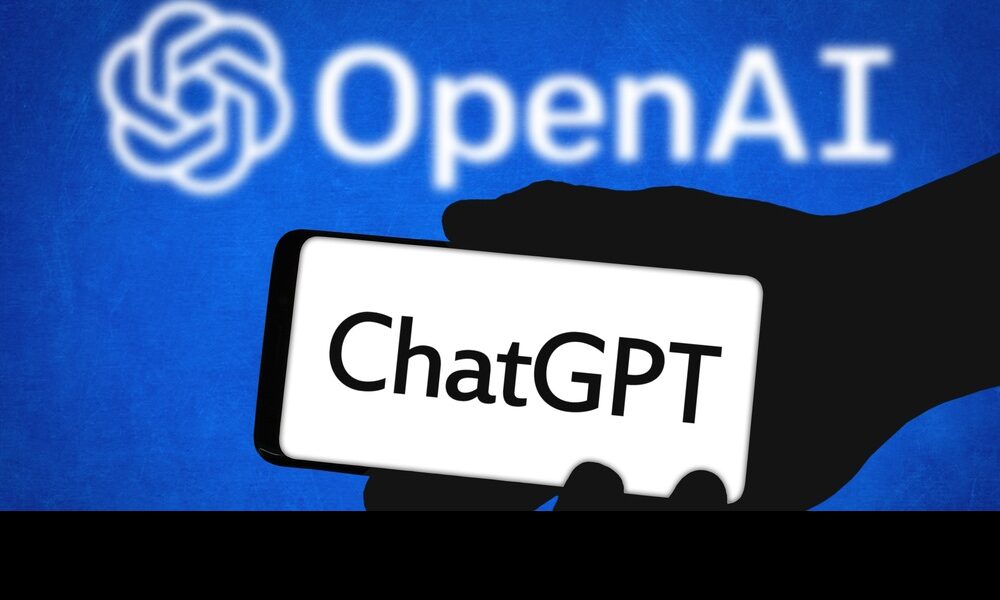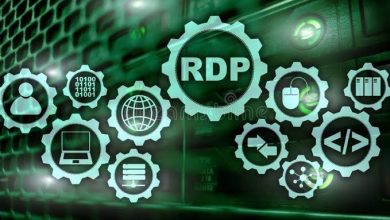Revolutionizing Web Design: The Rise of AI Website Builders

In the ever-evolving landscape of technology, Artificial Intelligence (AI) continues to be at the forefront, revolutionizing various industries. One such area experiencing a paradigm shift is website development. With the emergence of AI website builders, creating dynamic and visually appealing websites has become more accessible than ever before. In this article, we delve into the concept of AI website builders, their functionalities, benefits, and their impact on the future of web design.
Understanding AI Website Builders
AI website builders are platforms that leverage artificial intelligence and machine learning algorithms to assist users in designing and developing websites with minimal manual intervention. These platforms utilize sophisticated algorithms to analyze user preferences, content, and design elements, thereby automating the website creation process.
The Functionality of AI Website Builders
- Drag-and-Drop Interface: Most AI website builders feature intuitive drag-and-drop interfaces, allowing users to customize their websites effortlessly. Users can simply select elements such as images, text boxes, and buttons and place them anywhere on the webpage.
- Smart Design Suggestions: AI algorithms analyze user input and offer design suggestions based on predefined templates and user preferences. These suggestions may include color schemes, font styles, and layout options, streamlining the design process for users.
- Content Generation: Some AI website builders are equipped with content generation capabilities, where they can automatically generate text based on provided inputs. This feature is particularly useful for users who require placeholder text or need assistance in drafting content for their websites.
- Responsive Design: AI website builders ensure that websites are optimized for various devices and screen sizes through responsive design principles. This ensures a seamless user experience across desktops, tablets, and smartphones.
- SEO Optimization: Many AI website builders incorporate SEO optimization features, helping users improve their website’s visibility on search engines. These features may include meta tags optimization, keyword suggestions, and URL structuring recommendations.
The Benefits of AI Website Builders
- Saves Time and Effort: By automating the website creation process, AI website builders significantly reduce the time and effort required to design and develop a website. Users can create professional-looking websites in a fraction of the time it would take with traditional methods.
- Accessibility: AI website builders make web design accessible to individuals with limited technical expertise. Even users with no coding knowledge can create visually appealing websites using these platforms, democratizing web design.
- Cost-Effectiveness: Traditional website development often involves hiring web designers and developers, which can be expensive. AI website builders eliminate the need for hiring professionals, making website creation more cost-effective for individuals and small businesses.
- Consistency and Quality: AI algorithms ensure consistency and quality across the website by applying predefined design principles and standards. This results in visually appealing websites with a cohesive design language.
- Adaptability: AI website builders continuously evolve by learning from user interactions and feedback. This adaptability allows them to improve their recommendations and functionalities over time, staying abreast of the latest design trends and technologies.
The Future of Web Design with AI
As AI technology continues to advance, the capabilities of AI website builders are expected to expand further. Here are some potential developments that could shape the future of web design:
- Personalization: AI website builders may offer more personalized recommendations based on user behavior, preferences, and demographics. This could result in highly customized and tailored website designs that cater to individual needs.
- Advanced Content Generation: Future AI website builders may feature more advanced content generation capabilities, such as natural language processing (NLP) and sentiment analysis. This would enable them to create more engaging and compelling content for websites.
- Enhanced Integration: AI website builders could integrate seamlessly with other AI-powered tools and platforms, such as virtual assistants and chatbots. This integration would enable users to create more interactive and immersive web experiences.
- Augmented Reality (AR) and Virtual Reality (VR): With the rise of AR and VR technologies, AI website builders may incorporate features that allow users to create AR/VR-enhanced websites. This could open up new possibilities for immersive storytelling and product showcasing.
- Cross-Platform Compatibility: Future AI website builders may focus on enhancing cross-platform compatibility, ensuring that websites perform optimally across a wide range of devices and platforms, including emerging technologies like wearable devices and smart appliances.
Conclusion
AI website builders represent a significant milestone in the evolution of web design, offering users a powerful and accessible tool for creating stunning websites. By harnessing the capabilities of artificial intelligence and machine learning, these platforms streamline the website creation process, saving time, effort, and resources. As AI technology continues to advance, the future holds immense potential for further innovation in web design, promising even more personalized, immersive, and dynamic web experiences. Embracing AI website builders today is not just about building websites; it’s about shaping the future of digital presence.





